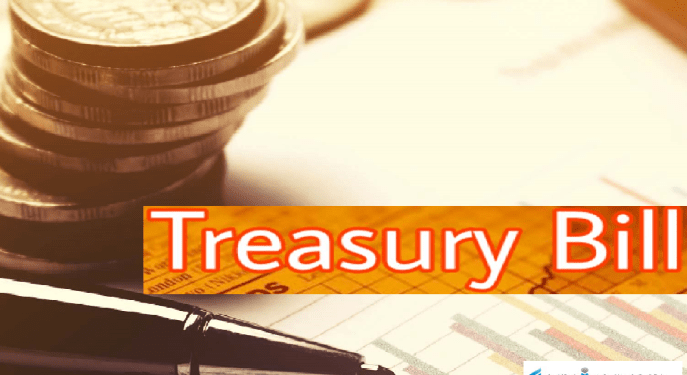Supreme Court to Rule on Injunction Seeking to Halt Government’s Treasury Bill Issuance
The Supreme Court is expected to deliver its ruling today, February 25, 2025, on an injunction application seeking to immediately halt the government’s issuance of Treasury Bills.
The application was filed by private legal practitioner Jonathan Amable, who argues that the government can only issue Treasury Bills after securing prior approval from Parliament.
Details of the Application
The motion for an interlocutory injunction, filed at the Supreme Court Registry on November 11, 2024, cites the Attorney General as the defendant.
It seeks to restrain the government and its agencies, including the Ministry of Finance and the Bank of Ghana, from borrowing through Treasury Bills until the court determines the substantive case.
Legal Arguments
According to Mr. Amable, the government’s continued reliance on Treasury Bills for borrowing contradicts the legal framework established by Parliament under the Financial Administration Act and the Bank of Ghana Amendment Act.
He insists that any borrowing activity that creates future repayment obligations for the state must receive prior parliamentary approval. The application argues that bypassing Parliament in the issuance of Treasury Bills undermines Ghana’s statutory borrowing framework.
Potential Implications
A ruling in favor of the injunction could significantly impact the government’s financing plans for 2024. The Treasury Bills Calendar for the year shows that the government intends to raise approximately GHS 78 billion through short-term debt instruments.
For the last quarter of 2024 alone, the Finance Ministry aims to secure GHS 10.8 billion via Treasury Bills.
Given that Treasury Bills serve as a crucial source of funding for the government, any disruption in their issuance could affect budget execution, public sector spending, and overall fiscal stability.
However, it remains uncertain how the Supreme Court’s decision will shape the government’s financial operations moving forward.
The ruling today is expected to have significant ramifications for Ghana’s public debt management strategy.








